How To Pay Off Your Mortgage In 3 Years
In the October 2010 net worth update, I briefly mentioned that I was planning on paying of the mortgage balance this month and I’m happy to say that we officially became mortgage free in 2010! As this is a significant milestone in any financial journey, I thought that it deserved a post all on its own.
My Journey To Becoming Mortgage Free
It all started when we purchased our first house in the summer of 2003, right after graduation. The goal was to keep costs low, so we purchased a two apartment home to live in the upstairs while renting out the basement apartment. I raided my cash savings for the down payment and went all-in on our first house.
Fortunately, 2003 was a time when houses were priced very reasonably, and combined with rental income from the apartment, our housing expenses were very low. A couple years later, I found a great deal on an investment property, put a small 10% down payment and ended up being a landlord to another property. I wrote this article about comparing the best real estate investment property if you are curious what my process was.
With the principal residence, I wasn’t as motivated to pay off the mortgage as half of the interest was tax deductible. While we did pay on a bi-weekly accelerated schedule, we didn’t do much in terms of annual lump sum payments. As a result, when we did sell that house four years later, the balance didn’t decrease by a dramatic amount but combined with appreciation, we walked away with about $55k after fees.
We chose to move as we decided to expand our family, and the two apartments just wouldn’t work for us in terms of space and location. With that in mind, we built a house in kid friendly subdivision that is zoned for relatively good schools – we still live there today. In hindsight, we should have held onto the first property as real estate has appreciated significantly since that time, but as you know, hindsight is 20/20.
Back on the topic of mortgages, we poured the proceeds of the sale of the first home, a fairly substantial cash savings amount, and the liquidated proceeds of my non-registered portfolio to put towards the new house. With that hefty down payment, we managed to start with a 3-year open discounted variable mortgage with a balance of $150k.
As our careers were advancing, and business income ramping up, we felt confident in our income so we topped up our bi-weekly payments by about 50% in addition to making lump sum payments where possible. What also really helped out was that in early 2009, we decided to sell our rental property that netted us around $30k to put against the house.
All in all, the combination of savings generated from our frugal habits, reasonable mortgage balance for our incomes, increased bi-weekly payments, and putting any lump sums to pay down the house resulted in paying off our house in less than 3 years. We are mortgage free in 2010!
A huge part of my financial freedom strategy was employing the smith manoeuvre and turning my mortgage into a tax deductible investment. You should also read more about how i ended up completing the million dollar journey in 2014.
Strategies for Paying Down your Mortgage Faster in Canada
As previously mentioned, we paid off our mortgage at a fairly rapid pace, here are some of the strategies that we used:
- Set a Goal – I had a goal to pay off the mortgage before the open term was up which was 3 years. What works for me is to set the big goal, and take baby steps towards it. The baby steps include some of the tips below.
- Establish Savings Habits – It’s pretty difficult to aggressively pay down the mortgage without establishing proper saving habits. Having the ability to generate savings brings a lot of freedom and can ultimately lead to paying off the mortgage faster. Here are some ways to save money.
- Reasonable Mortgage Balance. My personal rule is to never obtain a mortgage for more than 2x household income. For example, with our new build, the price was well over our annual incomes. However, with our large down payment, we managed to bring the mortgage balance to a little over 1X gross household income. Use a mortgage payment calculator to plan ahead.
- Accelerated Bi-weekly Payments – This is a common strategy that works! By simply paying the mortgage during bi-weekly pay periods (instead of monthly) can result in an extra payment by the end of the year, which ultimately means less interest. This strategy alone can reduce the mortgage amortization by 3-4 years.
- Topped up Payments – I like the strategy of topping up mortgage payments as it is forced savings. Even an extra $100 per mortgage payment can make a difference in amortization. Most fixed mortgages allow payments to be topped up by as much as 100%.
- Annual Lump Sums – This goes back to having savings habits. With strong savings, it enables the homeowner to use up some of those prepayment mortgage allowances. I believe common practice for a fixed mortgage is 20% of the original mortgage balance can be paid down per year. As our mortgage was an open mortgage, we took advantage and put large amounts when cash was available. For example, when we sold our rental property and liquidated the non-registered portfolio.
Do you have a goal of paying off your mortgage in a short period of time? What are your strategies?
Paying Off Your Mortgage in 2023
As you can tell, this article was originally written all the way back in 2010. Since it’s still very popular among readers, we decided it’s time to freshen it up a bit with relevant information and hopefully start a new discussion.
Even though most of what was written back then still holds true today, the financial climate is much different and so are my thoughts on whether you should even invest in real estate and how to do so in the best possible way.
We recently published an extremely popular (and slightly controversial) article about why buying a house in Canada isn’t necessarily a wise choice. In today’s market at least, real estate investments simply can’t compete with the returns you’ll get from the best Canadian dividend stocks.
Aside from that, we published numerous articles since then discussing whether or not you should even pay off your mortgage so quickly, or keep it as a tax deductible investment instead. I’m curious to hear from both old and new MDJ readers about what path they ended up taking with their mortgages in their quest for financial freedom and safe early retirement – let me know in the comments below!
I've Completed My Million Dollar Journey. Let Me Guide You Through Yours!
Sign up below to get a copy of our free eBook: Can I Retire Yet?

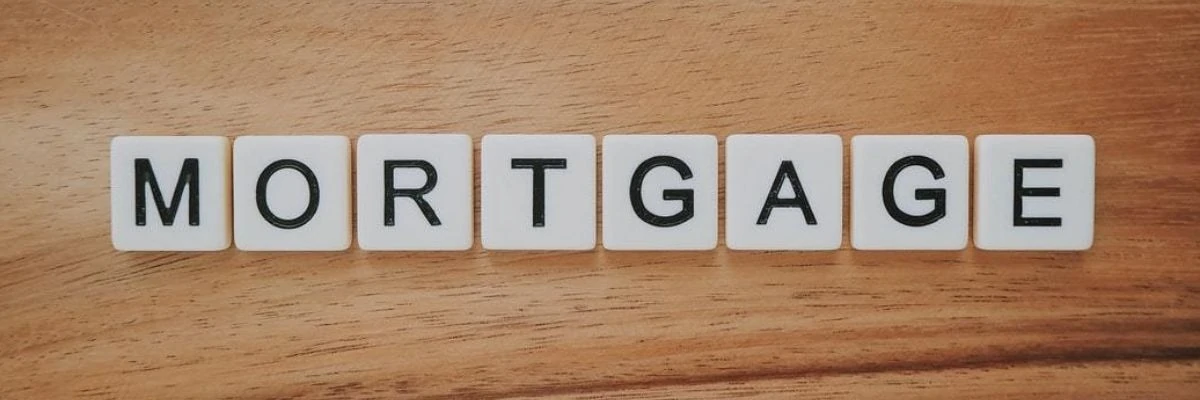
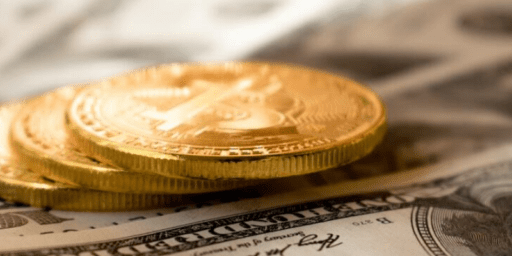
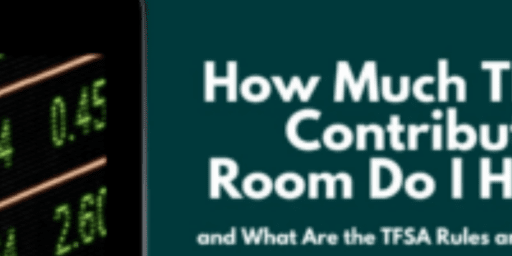



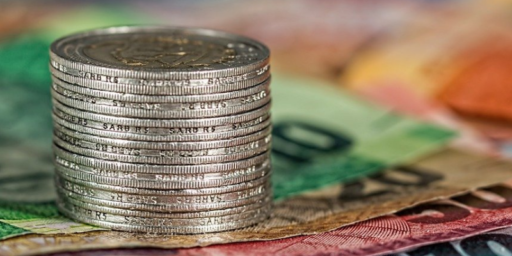

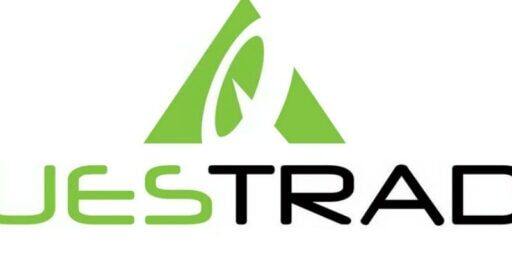

How in the hell do you get a mortgage that is worth 2 times your salary in the economy? I make 80k can’t buy a house that isn’t crap. For that amount in saskatchewan
@Mat, Remember it’s 2 x the mortgage, not 2 x the house value. What we did was save a larger down payment.
I’ve recently signed for a 15-y mortgage but I want to pay off it in seven years.
Your tips will surely helps me!
It is always best to opt for a longer amortization to set your minimum payment to be the lowest. This is critical to be able to maintain your qualifying power in acquiring income-generating investment property. While the goal is to be mortgage free in half time of less, simply going to work, pay your taxes and saving as much money as possible to pay your mortgage balance is simply infection and making the government and the bank richer. You need strategy. Wealthy people don’t play the game this way. They use the tax system and the right mortgage structures to grow their wealth and create their own personal pension plans.
I just graduated from University and was lucky enough to land a pretty solid job in Calgary (oil and gas). I have a little bit of student loans to pay off (around $7k) but the monthly payments are quite small. My first priority is to start saving for a down payment because I want to own property as soon as possible. I’m currently living with a room mate in downtown Calgary, approximatley 5 minutes walking distance to work. Because I split with the roommate, I only pay $500/month for my apartment and have sold my parking spot in downtown for a $125/month profit. After paying all my bills and budgeting for all my necessities, Im saving close to $2k/month. Ideally, I want to save up for a down payment on a condo or apartment close to (not necessarily inside) downtown. How long do you think this will take me ? How much of a down payment should I aim at ? Looking at condo prices today, I am seeing anywhere from $250k-$350k for a decent place. What should i do with that $2k/month that I have left over to speed up the saving process? Any tips would be much appreciated. Thanks !
Congratulations!!! It’s a wonderful feeling isn’t it? :)
And to everyone else, I highly recommend making a priority of paying off your mortgage asap! Increased payments, accelerated bi-weeklies, lumpsums … they all do wonders!!! We paid off ours in 5 years and immediately downshifted to part-time work. Why spend 5 days at the office when your housing bill has gone? We’re absolutely loving the new more balanced lifestyle. Way too many books to read, podcasts to listen to, and lectures to attend etc and not enough hours in the week if you’re working full-time. It’s amazing what a difference the extra money makes! I can bank one of my two monthly paycheques and not even use all of the second to cover the remaining bills.
@AB
If you can do a lump sum today equivalent to your increased payments for the rest of the year, then do the lump sum today (so you don’t pay interest on on that money anymore).
If the question is: should I accumulate the money for 12 months and then dump that as a lump sum I say increase your payments… unless you have a GUARANTEED way of making more money on it than your mortgage rate (e.g. if your mortgage is a t 2.25% but you somehow have a 3% rate on a savings account).
Is it better to increase the payments or to make lump sum paymnents? In which situation you will end up paying less interest.
I’ll add my story too, albeit a little late.
We each owned a home, and sold them to purchase our ‘forever’ home, if things don’t change too greatly. @ 455k in Calgary, and with the downpayments from both our other properties, our mortage was only about 1.5x household income.
The plan was to make the maximum 20% payments for 4 years and then just let the mortgage payments finish the rest off by the time the 5 year term was up :) – We won’t have to renew. The money for these came out of my husbands company stash, and my taxable investments – we will both still be maxing out our TSFAs and RRSPs during this time frame. This has some opportunity cost to it, but having just been through a layoff cycle in calgary it is well worth the safety it provides. We have intentionally put off having children until our last payment is made, but I’m enjoying a peak fitness level and a few triathlons before I have to go into baby making mode – at 29 years old it’s not too much to wait another year. Expecially knowing that we’ll both be able to work part time through out our child rearing years.
The plans with our mortgage money once it’s freed up (and while we are still making it) is to put it in a renovation fund, and to pay cash and truly make this our forever home – or to trade up if that becomes more desirable – hopefully remaining mortgage free in the process. OR to work less and be home more.
don’t carry a balance on your credit cards, interest crazy high. if you can’t afford it don’t buy it. pay cash when you can and moderate your expenses, restaurants are very expensive and is a treat, learn how to cook and make nutritious food at home with someone you love. i would limit a resto meal to once a month, some people eat out 2-3 times a week, add up those bills people that is expensive. who needs expensive designer cloths? you do? expensive for nothing, so stop complaining about your debt if you are doing all of the above. it takes dicipline to be debt free. i just turned 40 and have zero debt, it’s a joke my house cost me 500 month all included, taxes, cable heating everything for a beautiful 2200 square foot home on a quiet street in a nice suburb of montreal. now i have money at age 40 do to whatever i want. vacation, car no problem , but i do want to retire with money in the bank so i still can’t go crazy but i sleep very well at night knowing that everything is paid and food, shelter paying my bills are a piece of cake.
bought my house at 25 and paid it off at age 34, just dicipline, no fancy vacations or cars during that time, never ever lease a car, because it is no different then renting an apt. by a used never new car and learn how to fix it or buy a used reliable car. new car is a total waste of money i (2 year ago) bought a gorgeous audi a6 black mags etc…..for 20k this car new is 65k + tax, nobody knows the age or mileage it runs and looks new take care of your things and never skip maintenace will cost much more down the road. good luck everyone.`
We focused on how we purchase (everything) which makes how we pay a much easier proposition. eg. We mortgaged 1/3 what the bank offered, bought in a smaller community with good living standards but small city prices, bought a fuel efficient car and car pool to work, buy household items on cash back credit card and pay off every month, buy used tools-furniture-whatever that still has significant life in it instead of new.
I car pool to work and my wife drives 10 minutes to her work, reinvest dividends from non-registered investments and work bonuses into the mortgage every quarter.
Kid on the way, house being renovated, 1.5 years on the mortgage clock.